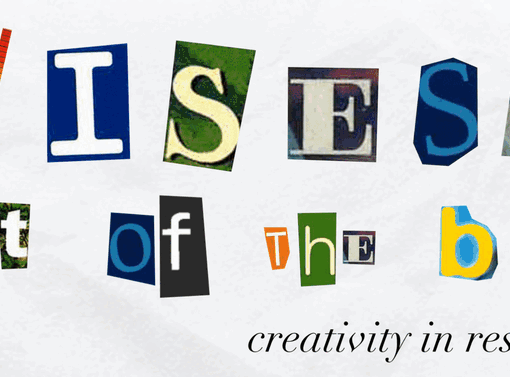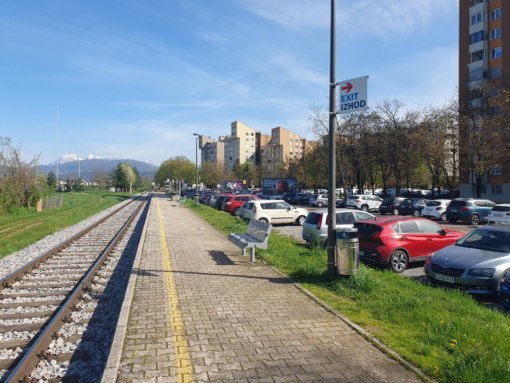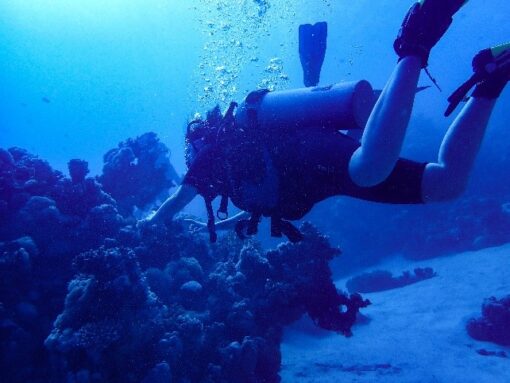Hamza Amin lived and worked in Pakistan, a country that has had a “mischievous relationship” with media ever since it gained independence. At the Vienna Doctoral School of Social Sciences at the University of Vienna, he is taking a closer look and investigates how political and economic influences impact the journalistic culture in the Global South.
“We need a free media, not just freedom of speech.” – Tom Scholz. Being an avid consumer of news media, the fundamental idea behind this quote motivated me to leave the field of business administration and enrol on the master’s programme in Global Media and Communication at the University of Warwick. That was the first step towards thinking about the communication processes on the individual, organisational and societal level. Later, when I found a distinguished professor of Journalism in Vienna willing to supervise me, it was clear that I wanted to further follow this path. In 2019, I joined the Doctoral School of Social Sciences at the University of Vienna where I am researching the interplay between culture, politics and journalistic identities. I specifically examine how political and economic influences impact the journalistic culture in the Global South and how these factors may also lead to constraints of self-censorship.
Failing financial models of news media
I previously lived in Australia, the United Arab Emirates and the United Kingdom, where I completed my previous degree programmes. Through my studies, I came into contact with journalistic practices and the failing financial models of news media. These made me particularly interested in the political economy of news and its interplay with cultural production and how it influences journalists’ professional views. Is media ever free of influences? Is self-censorship evident with intrusions from socio-political and cultural forces? These are the questions that drive my research today.
Freedom of the press? Pakistan’s media industry and authoritarian means
I originally come from Pakistan, which has had a mischievous relationship with media since it gained independence. Historically, the media industry has been subjected to repressive parameters through authoritarian means. To learn more about this, I moved back to Pakistan after completing my master’s degree and started working at 92 News as a research associate. I found the legacy media deep in the slumber of old news traditions. The distinctiveness of journalistic work was in the context of private actors and state institutions that mutually organised a set of pressures. Interference from owners, politicians and the state were a daily hindrance. Unsurprisingly, numerous media workers had lost their jobs and thousands had their paycheques slashed. Globally, challenges such as censorship by governments, financial instability and growing social media companies are shaping the future of media.
“We have to ensure a transparent democracy”
Newsrooms all across the world are downsizing, even closing, leaving areas without any coverage. The economic crisis in the wake of the pandemic caused even more closures over the last year. Even though news media is one of the most powerful tools we have to ensure a transparent democracy, its role is largely becoming marginalised. Therefore, there is a pertinent need for further research and innovative political solutions to emerging issues of legacy and digital media. I have learnt a great deal since I joined the Doctoral School of Social Sciences at the University of Vienna. It has given me a new perspective on our diverse world and on the role that a new generation of curious global journalists will contribute to it.



